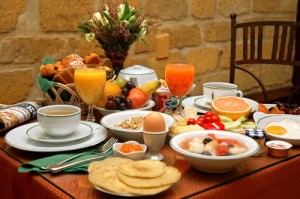 Welcome to my SAT prep and tutoring blog! While you’re here, join my email list for free subscriber-only content that’s not available anywhere else!
Welcome to my SAT prep and tutoring blog! While you’re here, join my email list for free subscriber-only content that’s not available anywhere else!
I’m a big believer in the importance of eating the right food for breakfast on the day of the SAT (and bringing a good snack to eat during the test).
There’s an old cliche that’s absolutely true: your body (including your brain) is like a machine, and food is the fuel for that machine.
Your body and mind can become slow and sluggish when you eat the wrong food for breakfast, or speedy and sharp when you eat a good meal.
Since your college apps and scholarship hopes are riding on your SAT scores you don’t want to leave anything to chance.
There are other good reasons to eat a healthy breakfast before the SAT!
Reasons to eat a healthy breakfast before the SAT
- Fuel up so that your brain has enough power to run on while you take the SAT test. You need some healthy calories in your system for maximum brain function.
- Stay happy with a full stomach – almost no one enjoys the feeling of an empty stomach. If you forget to eat because you’re running out the door for the test, your stomach will most definitely remind you in an hour or two, and it’s not going to help you focus.
- Provide long-term, no-crash energy for the 4-5 hour process of taking the SAT – I think of food as being either “short-term energy” or “long-term energy.” Short-term foods will give you zip for a few minutes… right before you “crash” hard. It might be a subtle difference, but you definitely can’t be at your best when you’re running off short-term energy. Healthier breakfasts will provide the “long-term” kind of energy we want.
- Save time in the morning – most healthy breakfasts are very quick to prepare, whereas many less-healthy foods like pancakes or bacon will take longer to make.
Breakfast foods to avoid before taking the SAT
High-sugar foods are commonly marketed as breakfast foods (think sugary cereals and oatmeals, syrups, and others) but are these really the best options?
Sugary foods will make you feel a quick burst of energy, followed by a drop-off as your energy and focus levels crash.
I’m not a scientist, so I’m not going to try to explain this process – but I promise that it happens to all of us to various degrees, and if you pay attention, you will notice it yourself.
Get Exclusive SAT Prep Tips!
I want to send you more tips to help your SAT score, but I need your email address to stay in touch. Enter your email below so I can send you my reports on the SAT and other subscriber-only bonuses.
Sugary and high-fat foods before the SAT are never the best idea. Here are some common ones to avoid:
- Sugary breakfast cereal
- Super-sweet instant oatmeal
- Orange juice (really?) – it makes many people’s stomach’s hurt due to its high acidity.
- Bacon and sausage – personally, I find them too oily or greasy, and I feel sluggish when I eat them.
- Excessive caffeine – if you don’t usually have coffee in the morning, don’t start today. Stick with your routine.
Best foods to eat for breakfast before the SAT
Here’s a recommendation you can’t go wrong with – just eat what you normally eat in the morning!
Of course, if you never eat breakfast, I’m going to highly recommend that you eat something today. Force yourself if you have to! A few calories can go a long way towards making your brain and body happy.
Don’t have anything specific in mind? Here are some great ideas:
- Eggs, however you like them. Great source of protein and energy.
- Low-fat yogurt with or without fruit.
- Oatmeal (the kind without all the sugar already in it) – add raisins, a bit of brown sugar, nuts, or whatever you want!
- Healthy cereal and milk (not the sugary kinds of cereal!)
- Fresh fruit like bananas, apples, grapes, or berries.
- Toast or a bagel with cream cheese or peanut butter – these always keep me going for hours and taste delicious!
- Last night’s chicken pasta – a great mix of carbs and protein that you don’t have to make in the morning!
Pick a variety of foods for breakfast for maximum benefits
I love eating a small assortment of different foods from the list – maybe a couple of eggs, a bowl of oatmeal, and some fresh fruit on the side.
Or, a bagel with peanut butter, milk, and a banana.
I don’t know if this is scientifically proven or not, but I feel full for hours… I think because your body has a mix of shorter-term and longer-term energy sources plus a mixture of vitamins, minerals, and other nutrients.
Eat before the SAT even if you don’t think you’re hungry!
Oftentimes, nervousness or sleepiness can cause us to underestimate our hunger level.
You might want to get a few minutes extra sleep, or you’re just too stressed to have an appetite.
Here’s my advice – eat anyway and bring a snack to the test! Your body runs on calories – that’s a fact – and when you get in the groove of things and mellow out, your appetite will come roaring back if you haven’t eaten.
Should you drink coffee or have caffeine before the SAT?
As I mentioned earlier, you shouldn’t mess with your caffeine routine on the morning of the SAT.
If you normally have coffee or tea, have your regular amount. If you normally don’t, then don’t.
Messing with your caffeine intake suddenly can cause headaches, irritability, tension, nervousness, and exhaustion.
Just have whatever caffeine you normally have and don’t forget to bring everything else you need for test day!
Further Reading:
Top 10 Best and Worst Snacks for the SAT
(More) Energy-Boosting Snacks to Get You Through the Test
Green Tea vs. Coffee on Test Day
Essential Things You Must Bring to the SAT Test
What is the SAT Test for?
Additional Resources:
Griffin SAT: A Complete Course on Acing the SAT (Video Course)
Winning College Scholarships for High Schoolers (Video Course)
Did you find this article interesting or useful? Want more pro tips on SAT prep and how to get a perfect score? Check out my free SAT prep mailing list and become the newest member!
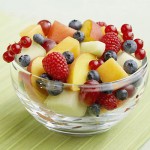
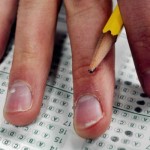

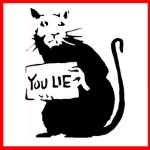
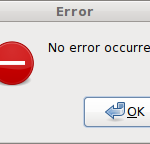
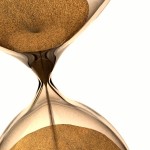

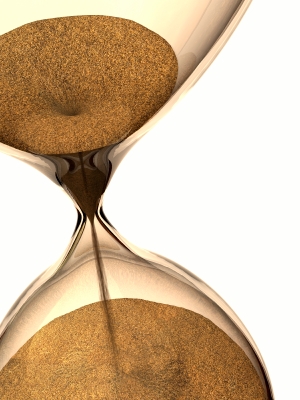
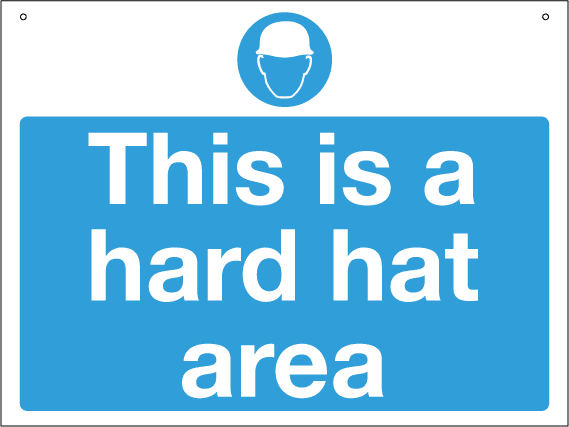

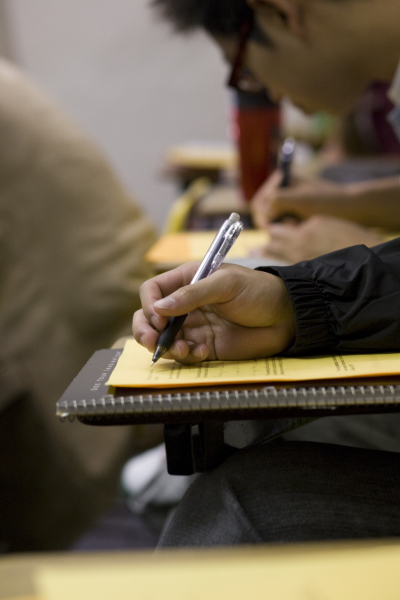







Find Me on Social Media